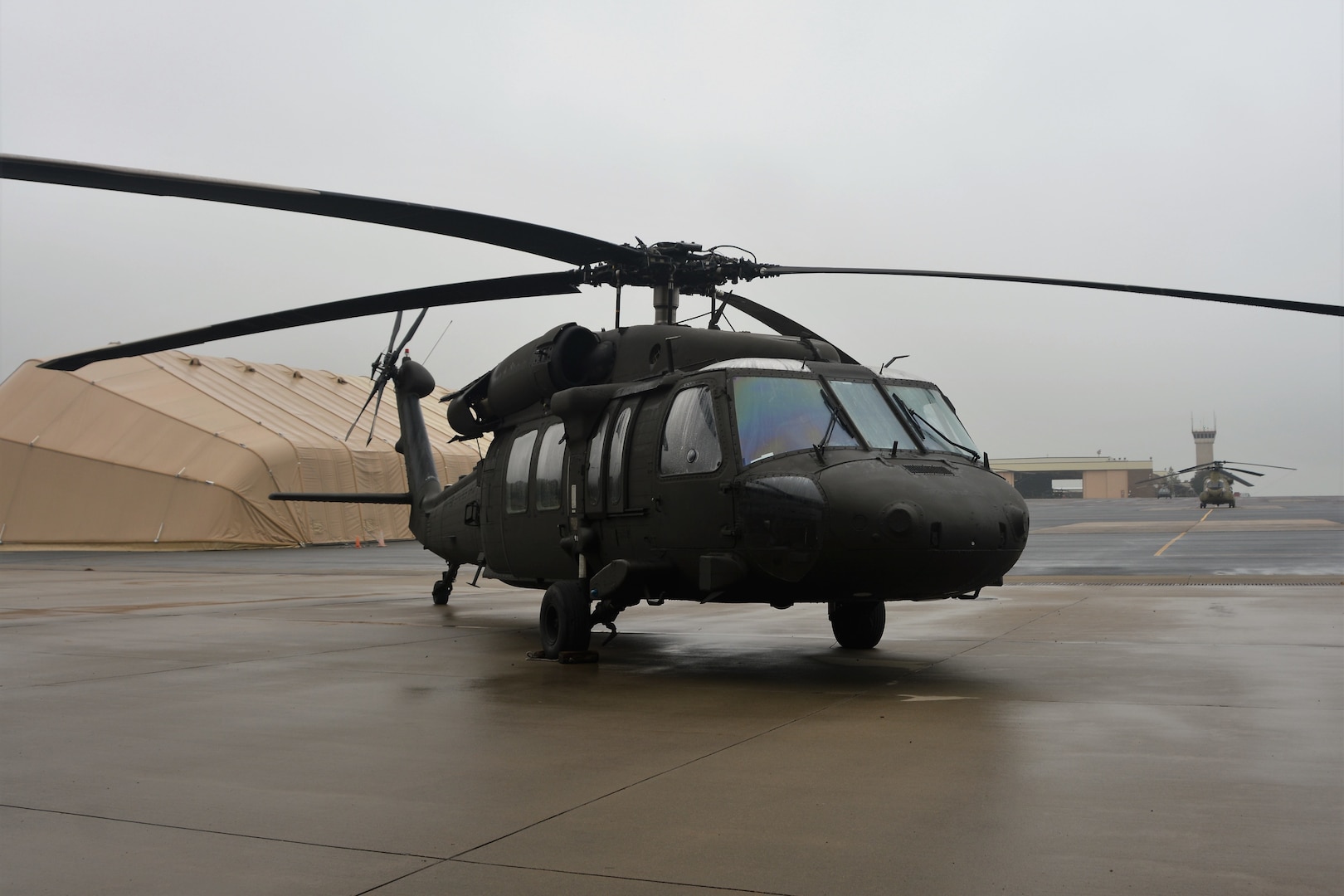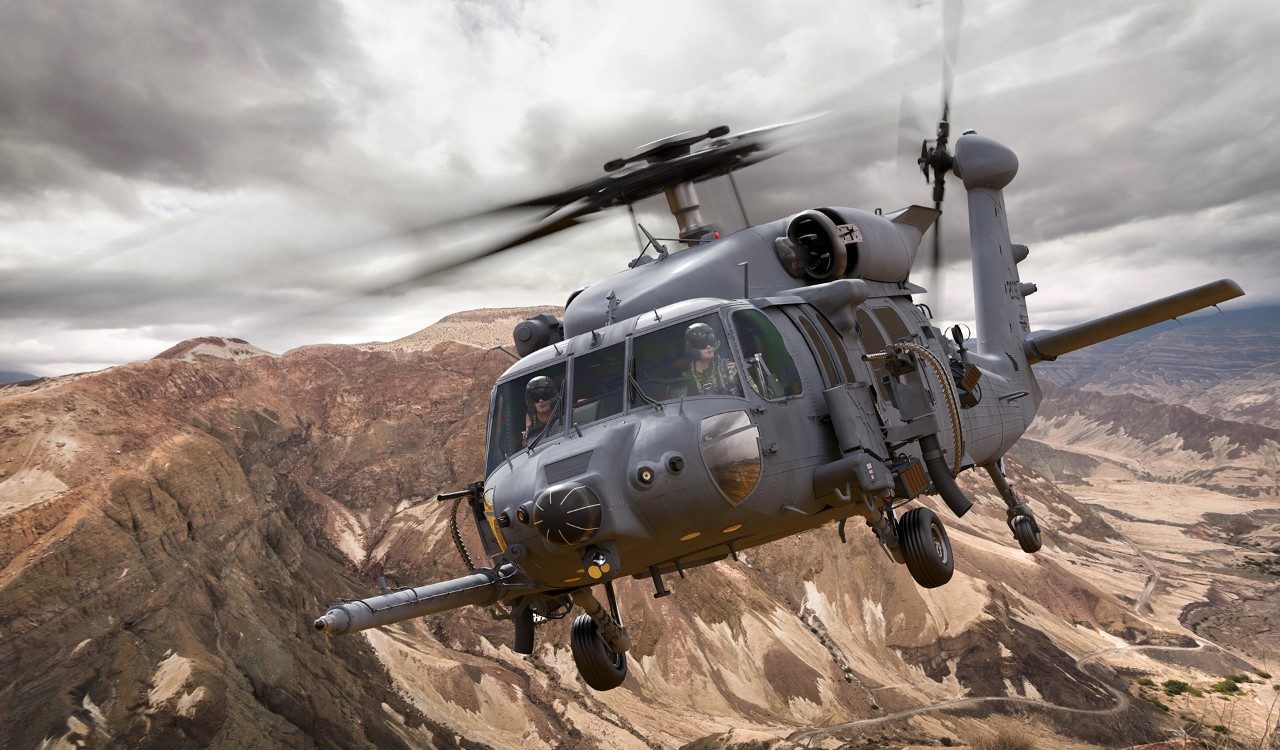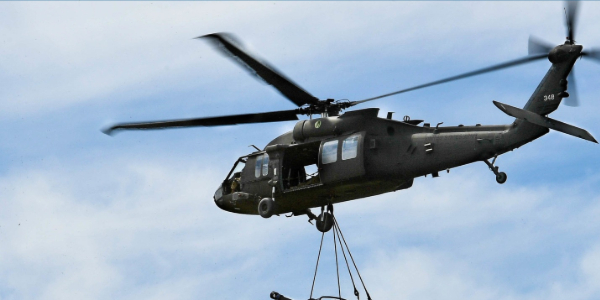The Influence of Lasting Practices on the Future of Airplane Procedures and Emissions Decrease
As the air travel sector encounters enhancing analysis over its ecological influence, the adoption of lasting practices arises as an essential path towards future airplane operations and exhausts decrease. Innovations in sustainable aviation fuels and advancements in hybrid propulsion technologies stand at the forefront of this improvement, appealing considerable reductions in greenhouse gas emissions. The successful combination of these campaigns hinges on a range of aspects, consisting of regulatory structures and sector collaboration. The question stays: exactly how will these developing techniques reshape the characteristics of flight and add to a more sustainable future?

Introduction of Sustainable Practices
Sustainable techniques in aircraft procedures include an array of techniques targeted at minimizing environmental impact while keeping functional effectiveness. These practices are crucial in the aeronautics sector's dedication to minimizing its carbon impact and sticking to international ecological requirements. Key initiatives include optimizing trip courses to lower gas intake, enhancing maintenance procedures to ensure airplane run at peak performance, and carrying out sophisticated modern technologies such as winglets and lightweight materials that improve the rules of aerodynamics.

Training and involving team on sustainability practices also play a crucial role, fostering a culture of ecological duty within organizations. Overall, the integration of these sustainable practices not just helps reduce exhausts yet additionally enhances the long-lasting feasibility of the air travel field, ensuring it meets the demands of both clients and regulative bodies while adding to worldwide sustainability goals.
Cutting-edge Fuel Alternatives
Countless innovative gas options are arising as critical remedies to lower the aeronautics market's reliance on typical fossil fuels. Amongst these alternatives, Lasting Air travel Fuels (SAFs) have actually obtained substantial interest because of their possible to decrease lifecycle greenhouse gas discharges by up to 80% contrasted to traditional jet fuels. SAFs are originated from different feedstocks, consisting of waste oils, farming residues, and also algae, making them a versatile choice for the market.
One more encouraging option is hydrogen gas, which, when utilized in gas cells, produces just water vapor as a byproduct. This zero-emission potential presents a considerable opportunity for decarbonizing flight procedures, particularly for short-haul trips and local aircraft. In addition, electric propulsion systems are being checked out, leveraging battery innovation to power airplane. While present battery capacity restrictions array and haul, recurring improvements might soon render electrical trips feasible for specific applications - uh 60.
Last but not least, biofuels originated from biomass are being explored, providing an eco-friendly option that can be blended with standard fuels. Jointly, these ingenious fuel alternatives represent a critical step towards attaining a lasting aviation environment, straightening with global exhausts decrease targets and boosting the industry's ecological stewardship.
Technical Developments in Aviation

Exactly how can technological innovations improve the future of aviation? Innovations such as electrical and hybrid propulsion systems are at the center, appealing substantial decreases in fuel usage and greenhouse gas discharges.
Additionally, the execution of sophisticated materials, such as lightweight composites, adds to enhanced the rules of aerodynamics and fuel efficiency. browse around this site The usage of expert system and artificial intelligence in trip operations maximizes course preparation and reduces gas burn by enabling real-time modifications based upon climate and web traffic conditions. Furthermore, the advancement of self-governing and remotely piloted airplane systems stands to change cargo and traveler transportation, possibly raising performance while decreasing human mistake.
Additionally, sustainable aviation innovations, consisting of sophisticated air website traffic management systems, can improve operations and decrease blockage, resulting in reduced exhausts throughout trip. These advancements collectively stand for a paradigm shift in aeronautics, promising a future where sustainability and operational efficiency are linked, thus supporting the sector's dedication to reducing its environmental impact.

Regulative Framework and Compliance
In light of the expanding emphasis on environmental stewardship within the aviation sector, the governing framework governing aircraft procedures is developing to advertise helpful hints lasting methods. Regulatory bodies, such as the International Civil Aeronautics Organization (ICAO) and numerous national air travel authorities, are presenting rigorous standards focused on reducing emissions and improving functional efficiency.
These policies frequently consist of the fostering of Sustainable Air travel Gas (SAF), which has actually been identified as a key component in achieving reduced carbon impacts. Conformity with these policies needs airlines to carry out advanced modern technologies and functional practices, such as maximized flight paths and enhanced air web traffic administration, to minimize fuel usage.
In addition, the enforcement of discharges trading plans and carbon countering campaigns is ending up being progressively widespread, engaging airlines to check and report their exhausts properly. Non-compliance can cause considerable charges, therefore pressing operators to prioritize sustainability in their company additional info designs.
Ultimately, the advancing governing landscape not just drives innovation and financial investment in eco-friendly technologies yet additionally cultivates a society of responsibility within the air travel industry. As these structures remain to establish, the emphasis on lasting methods will certainly be essential to accomplishing the industry's long-lasting environmental goals.
Future Fads in Airplane Operations
As the aeronautics market adapts to a significantly strict regulative environment, future fads in airplane procedures are readied to concentrate on ingenious remedies that better enhance sustainability and efficiency - uh 60. Secret advancements will likely include the fostering of innovative air web traffic monitoring systems, which utilize real-time information and fabricated knowledge to optimize trip courses, minimizing fuel intake and exhausts
One more significant trend is the enhanced assimilation of lasting aviation fuels (SAFs) These alternatives to standard jet gas, derived from sustainable resources, can considerably decrease lifecycle greenhouse gas exhausts. The sector's dedication to SAFs will likely accelerate as airlines team up with fuel manufacturers to guarantee schedule and cost-effectiveness.
Furthermore, the press towards electrification and crossbreed propulsion systems is acquiring energy. Arising aircraft styles will certainly integrate these innovations, supplying quieter and more reliable operations, particularly for short-haul flights.
Final Thought
The fostering of sustainable air travel fuels, coupled with developments in hybrid and electric propulsion systems, is vital for lessening lifecycle greenhouse gas discharges. Maximizing flight paths and welcoming cutting-edge modern technologies contribute to a quieter and extra environmentally friendly air travel industry.
Developments in lasting aviation fuels and advancements in hybrid propulsion modern technologies stand at the leading edge of this transformation, appealing substantial decreases in greenhouse gas emissions.Numerous cutting-edge gas choices are emerging as pivotal solutions to minimize the aviation sector's reliance on traditional fossil gas - uh 60. Among these choices, Lasting Aviation Gas (SAFs) have actually obtained significant attention due to their potential to reduce lifecycle greenhouse gas discharges by up to 80% contrasted to conventional jet fuels.One more significant pattern is the boosted assimilation of lasting air travel fuels (SAFs) The fostering of sustainable aviation gas, coupled with developments in electrical and hybrid propulsion systems, is necessary for minimizing lifecycle greenhouse gas discharges